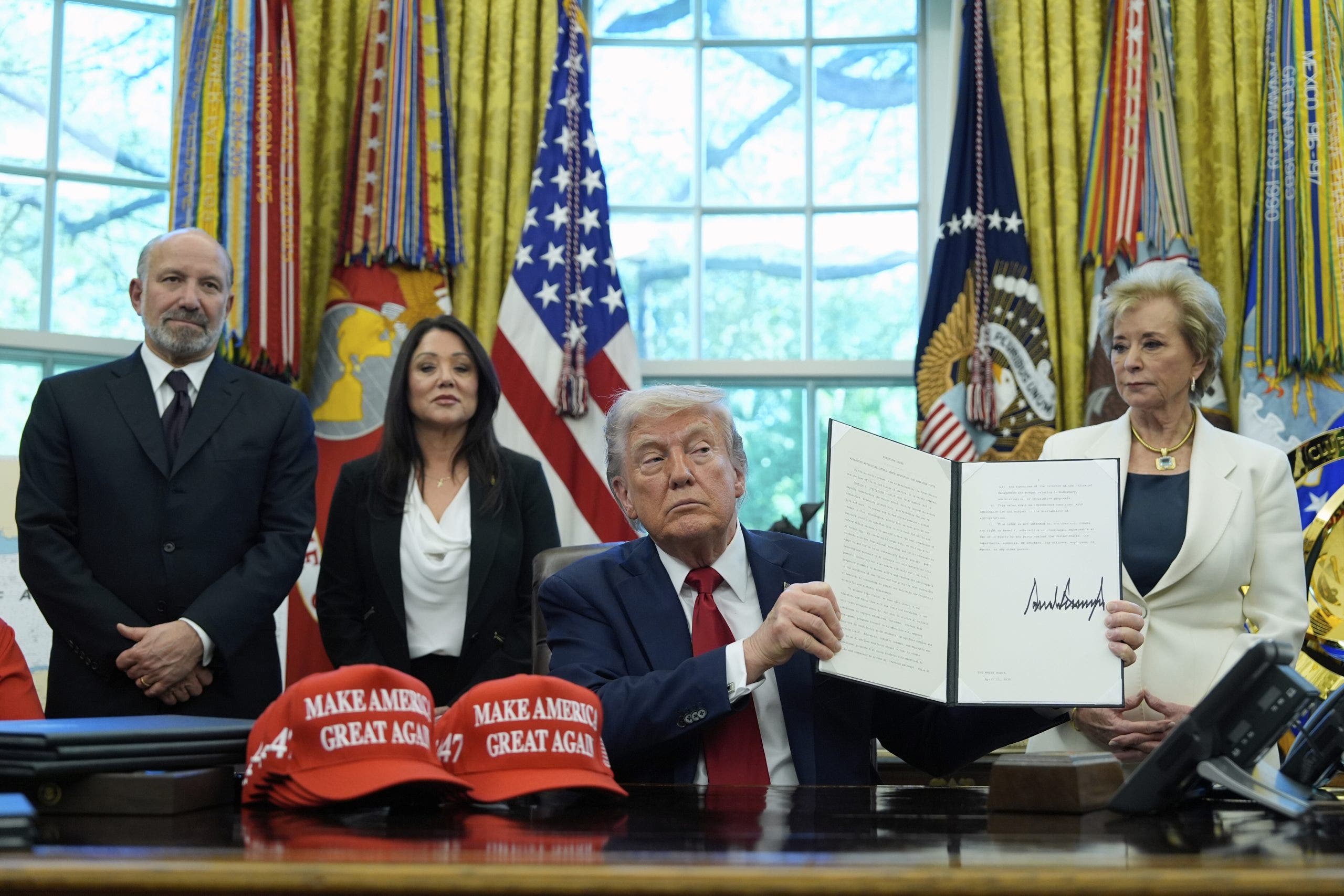Trump’s Executive Order surge: The unprecedented use of presidential authority

President Donald Trump has made history during his first 100 days in office by surpassing former President Franklin Delano Roosevelt’s record for the number of executive orders issued during that same window. Trump has signed more than 135 executive orders during his first 100 days in office during his second term, a significant increase from the 33 he signed during the first 100 days of his first term, and surpassing the 99 Roosevelt signed during that period as well.
The abundance of executive orders signals a shift in power away from the legislative branches and indicates that Trump has a clear set of priorities he wants to accomplish during this term, according to experts. James Broughel, a senior fellow at the Competitive Enterprise Institute, noted that Trump’s approach signifies that power has diverted away from Congress, and the executive branch is assuming increased lawmaking authority. This trend is likely to continue into future administrations, as future presidents may follow Trump’s lead on utilizing executive actions to implement their agenda.
The first 100 days of a presidency are crucial for setting the agenda and driving media coverage of initiatives. This becomes increasingly challenging as the term progresses, as noted by Broughel. The Trump administration’s flurry of executive orders can be attributed to the four years out of office spent preparing and planning administrative priorities. Thomas Berry, the director of the Cato Institute’s Center for Constitutional Studies, stated that the Trump administration has strategically targeted issues in the executive orders, focusing on dismantling obstacles faced during the first term, such as easing restrictions on firing federal employees.
However, the rapid pace of executive orders has placed strain on the judicial branch, with over 150 lawsuits challenging Trump’s executive orders. High-profile cases, including ending birthright citizenship and banning transgender individuals from serving in the military, are temporarily blocked. Berry highlighted the impact on the courts, noting that the judicial branch is forced to act quickly, affecting its ability to deliberate thoroughly on these matters.
While the onslaught of executive orders may slow in the near future, as many were pre-planned during the first 100 days, the impact of Trump’s actions on agencies like USAID and the Education Department may have lasting effects that could take several administrations to reverse. The pace of executive orders is expected to decrease, with any remaining orders likely to be reactive rather than proactive.
In conclusion, President Donald Trump’s historic number of executive orders during his first 100 days in office signifies a shift in power towards the executive branch and a clear legislative agenda. The impact of these orders on agencies and the judicial branch highlights the challenges and implications of utilizing executive actions to drive policy initiatives. As the Trump administration continues to implement its agenda, the long-term effects of these executive orders remain to be seen.




